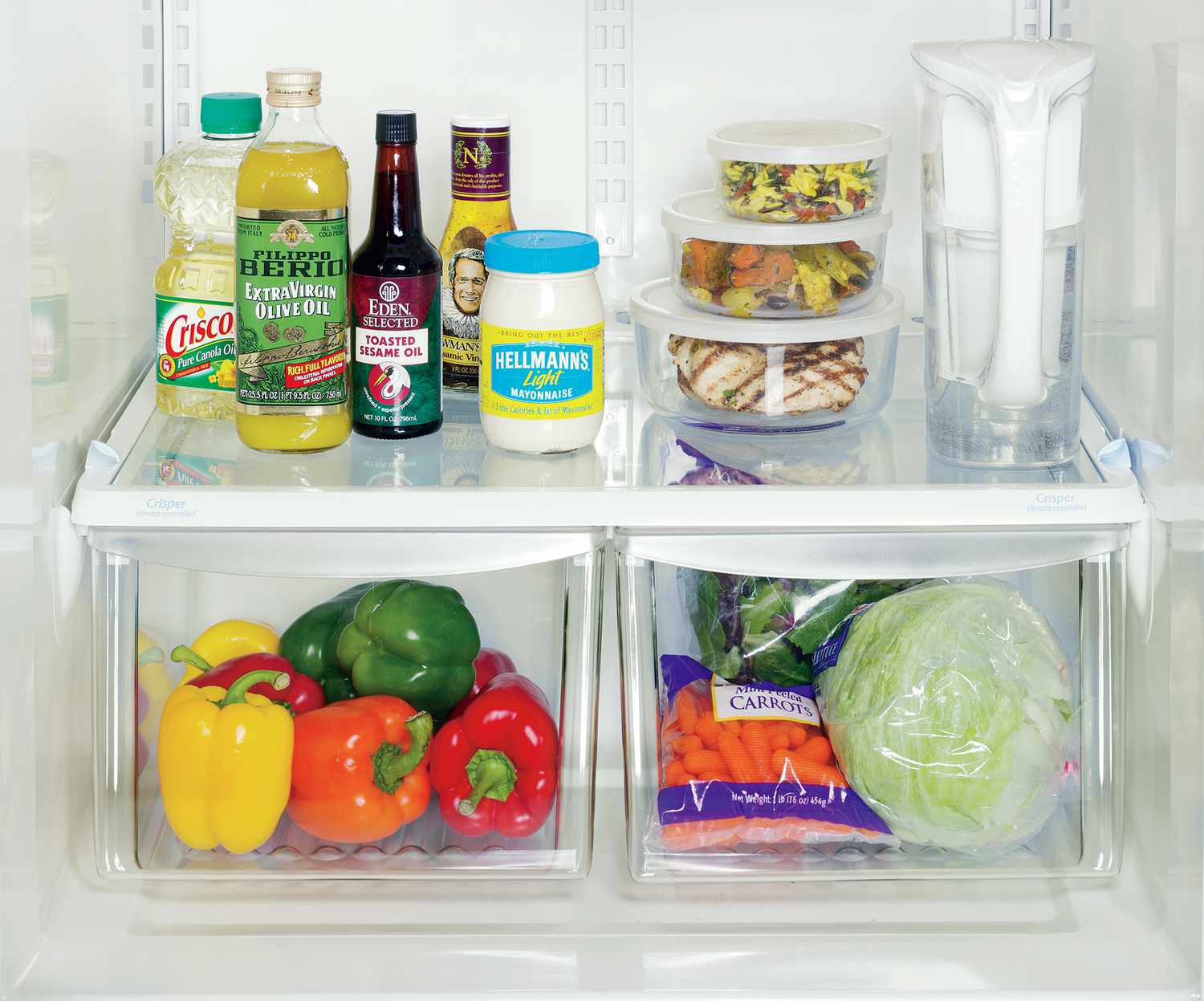

Articles
How To Store Bell Pepper In Fridge
Modified: February 23, 2024
Learn the best way to store bell peppers in the fridge to keep them fresh and crisp. Follow these simple steps to extend their shelf life.
(Many of the links in this article redirect to a specific reviewed product. Your purchase of these products through affiliate links helps to generate commission for Storables.com, at no extra cost. Learn more)
Introduction
Welcome to our guide on storing bell peppers in the fridge! Bell peppers are a versatile and nutritious vegetable that can add a burst of flavor and color to any dish. Whether you’re using them in salads, stir-fries, or as a topping for pizza or tacos, it’s important to know how to store them properly to maintain their freshness and flavor.
Storing bell peppers in the fridge is an effective way to prolong their shelf life and preserve their crispness. The cool temperature of the refrigerator helps slow down the ripening process and prevents them from spoiling too quickly. Whether you have a surplus of freshly picked bell peppers from your garden or have purchased them in bulk from the grocery store, storing them correctly will ensure that you have fresh and flavorful peppers for an extended period.
In this article, we will discuss the benefits of storing bell peppers in the fridge and share step-by-step instructions on how to store whole bell peppers as well as sliced or chopped bell peppers. We will also provide tips on extending the shelf life of bell peppers and how to properly freeze them for long-term storage. Let’s dive in!
Key Takeaways:
- Store bell peppers in the fridge to extend their shelf life, retain freshness, and preserve their nutritional value. Proper preparation and storage techniques ensure convenient access to this versatile and vibrant vegetable.
- Freezing bell peppers is a convenient option for long-term storage, allowing you to enjoy their flavor and nutritional benefits throughout the year. Follow simple steps to freeze and preserve bell peppers for various culinary creations.
Read more: How To Store Cut Bell Peppers In Fridge
Benefits of Storing Bell Peppers in the Fridge
Storing bell peppers in the fridge offers several benefits that contribute to their longevity and quality. Here are some reasons why you should consider refrigerating your bell peppers:
- Extended Shelf Life: Bell peppers are perishable vegetables that can spoil quickly at room temperature. By storing them in the fridge, you can extend their shelf life by up to two weeks, allowing you to enjoy fresh bell peppers for longer periods.
- Retains Freshness: The cool temperature of the refrigerator helps to preserve the crispness and texture of bell peppers. It slows down the ripening process, ensuring that they remain firm and crunchy until you’re ready to use them.
- Prolongs Nutritional Value: Bell peppers are rich in essential vitamins and minerals, such as vitamin C, vitamin A, and potassium. Storing them in the fridge helps retain their nutritional value, ensuring that you benefit from the maximum nutrient content when consuming them.
- Reduces Waste: By properly storing bell peppers in the fridge, you can prevent them from spoiling prematurely. This helps minimize food waste and allows you to utilize all the bell peppers you have purchased or grown.
- Convenient and Ready-to-Use: Having bell peppers stored in the fridge makes meal preparation more convenient. You can easily grab a fresh pepper whenever you need it, saving time and effort in the kitchen.
- Enhances Flavor: Proper refrigeration helps to maintain the natural flavors of bell peppers. It prevents them from absorbing odors from other foods in the fridge, ensuring that they retain their distinct taste.
Overall, storing bell peppers in the fridge is a simple and effective way to extend their shelf life, retain their freshness, and reap the numerous benefits they offer. Now, let’s delve into how to choose the right bell peppers for storage and how to prepare them for refrigeration.
Choosing the Right Bell Peppers for Storage
When it comes to storing bell peppers in the fridge, choosing the right peppers is essential to ensure optimal freshness and longevity. Here are some tips to help you select the best bell peppers for storage:
- Look for Firm and Crisp Peppers: Opt for bell peppers that are firm to the touch and have a crisp texture. Avoid peppers that feel soft, wrinkled, or have signs of mold or decay.
- Choose Peppers with Vibrant Colors: Bell peppers come in various colors, including red, yellow, orange, and green. Select peppers with vibrant colors as they tend to be riper and have a sweeter taste. However, if you prefer a milder flavor, green bell peppers are a great option.
- Avoid Blemishes and Bruises: Inspect the peppers for any blemishes, bruises, or discoloration. These can be indications of damage or spoilage, and such peppers are best avoided for storage.
- Consider Size and Shape: While size and shape don’t affect the storage life, it’s important to choose peppers that fit well in your fridge and are convenient for your cooking needs.
- Check for Stems and Seeds: Ensure that the bell peppers have intact stems and minimal seeds. Stems help to retain moisture and prevent the pepper from drying out prematurely. Additionally, removing excess seeds can help prevent spoilage.
- Organic or Homegrown Options: If possible, choose organic bell peppers or homegrown varieties. These tend to be free from pesticides and have a better flavor profile. Plus, growing your own bell peppers can be a rewarding experience!
By following these guidelines, you can select the highest quality bell peppers for storage, ensuring that they stay fresh and flavorful for an extended period. Once you have chosen the perfect bell peppers, it’s time to prepare them for refrigeration. Let’s find out how!
Preparing Bell Peppers for Refrigeration
Properly preparing bell peppers before refrigerating them is crucial to maintain their freshness and quality. Here’s a step-by-step guide on how to prepare bell peppers for refrigeration:
- Wash the Peppers: Start by washing the bell peppers under cold running water. Gently scrub the surface to remove any dirt or debris. This step is essential, especially if you’re using homegrown peppers or those purchased from a farmers market.
- Dry the Peppers: After washing, pat the bell peppers dry with a clean kitchen towel or paper towels. Removing excess moisture helps prevent the growth of mold and extends the shelf life of the peppers.
- Remove Stems and Seeds: Use a sharp knife to remove the stem by cutting around the top of the bell pepper. You can also gently twist the stem with your fingers to detach it. Next, cut the pepper in half and remove the seeds and any white membranes. However, if you prefer to keep the pepper whole, you can skip this step.
- Slice or Dice (optional): Depending on your cooking preferences, you can slice or dice the bell peppers before refrigeration. Slice them into strips or chop them into small pieces, ensuring uniform size for even cooking later. This step is beneficial if you plan to use the peppers in stir-fries, salads, or other dishes that require pre-cut peppers.
- Place in a Storage Container: If you’re storing whole bell peppers, place them in an airtight container or a resealable plastic bag. For chopped or sliced peppers, use separate containers or bags to keep them organized. Make sure to remove as much air as possible from the container or bag before sealing it.
- Label and Date: To keep track of the peppers’ freshness, label the container or bag with the current date. This will help you prioritize the use of older peppers first and avoid wasting any stored bell peppers.
By following these simple steps, you can ensure that your bell peppers are properly prepared for refrigeration. In the next sections, we will discuss how to store both whole and sliced/chopped bell peppers in the fridge. Let’s get started!
How to Store Whole Bell Peppers in the Fridge
Storing whole bell peppers in the fridge is straightforward and helps maintain their freshness. Follow these steps to store whole bell peppers in the fridge:
- Place the Bell Peppers in a Storage Bag: Take the washed and dried bell peppers and put them in a resealable plastic bag or an airtight container. If you have multiple peppers, it’s best to store them separately to prevent them from bruising or becoming squished.
- Remove Excess Air: Squeeze out as much air as possible from the bag before sealing it. This will help prevent the peppers from drying out and maintain their crispness.
- Store in the Refrigerator: Place the bag or container with the bell peppers in the refrigerator. Choose a spot where they won’t get squished or damaged by other produce. The vegetable crisper drawer is an ideal location, as it provides a slightly higher humidity level.
- Avoid Storing near Ethylene-Producing Fruits: Ethylene is a natural plant hormone that speeds up the ripening process. To prevent the bell peppers from ripening too quickly, avoid storing them near ethylene-producing fruits like bananas, apples, or tomatoes.
By following these steps, you can keep whole bell peppers fresh for up to two weeks in the refrigerator. Now, let’s move on to storing sliced or chopped bell peppers.
Read more: How To Store A Bell Pepper
How to Store Sliced or Chopped Bell Peppers in the Fridge
If you prefer to have sliced or chopped bell peppers ready for quick and easy use, follow these steps to store them in the fridge:
- Divide the Bell Peppers: Take the washed and dried bell peppers and slice or chop them according to your preference. Remove the stems, seeds, and any white membranes.
- Separate into Portions: Divide the sliced or chopped bell peppers into portion sizes that you would typically use for your recipes. This will help you avoid unnecessary thawing and refreezing when it’s time to use them.
- Place in Airtight Containers: Transfer the sliced or chopped bell peppers into airtight containers or resealable plastic bags. Make sure to remove as much air as possible from the containers or bags before sealing them. This will help prevent spoilage and maintain their freshness.
- Label and Date: Label each container or bag with the contents and the date of storage. This will help you keep track of the freshness of the bell peppers and prioritize their use accordingly.
- Store in the Refrigerator: Place the containers or bags of sliced or chopped bell peppers in the refrigerator. Try to place them in a spot where they won’t get crushed or damaged by other items.
- Use Within a Few Days: Sliced or chopped bell peppers will stay fresh for about 3-5 days in the refrigerator. It’s best to use them within this timeframe to ensure optimal quality and flavor.
By following these steps, you can have convenient portions of bell peppers readily available for various recipes. Now that you know how to store both whole and sliced/chopped bell peppers, let’s explore some tips for extending their shelf life.
Tips for Extending the Shelf Life of Bell Peppers
To maximize the shelf life of your bell peppers and keep them fresher for longer, consider these helpful tips:
- Do Not Wash Before Storage: Avoid washing bell peppers before storing them in the fridge. Moisture can accelerate spoilage, so it’s best to wash them just before using.
- Avoid Cutting until Ready to Use: Whole bell peppers stay fresher for longer than sliced or chopped ones. To prolong their shelf life, keep them intact until you’re ready to use them.
- Store Away from Moisture: Moisture can cause bell peppers to rot quickly. Keep them away from areas in the fridge that may have excess moisture, such as the vegetable crisper drawer.
- Handle with Care: Bell peppers are delicate and can bruise easily. Handle them with care to avoid any unnecessary damage that may lead to spoilage.
- Check and Remove Spoiled Peppers: Regularly inspect your stored bell peppers for any signs of spoilage, such as mold, mushiness, or foul smell. If you find any spoiled peppers, remove them immediately to prevent contamination of others.
- Utilize the Freezer: If you have an abundant supply of bell peppers and cannot consume them all within their shelf life, consider freezing them. Properly sealed bell peppers can last in the freezer for up to 6-8 months.
- Blanch Before Freezing: If you plan to freeze bell peppers, blanching them before freezing can help retain their color, flavor, and texture. To blanch, briefly submerge the sliced or chopped peppers in boiling water for a couple of minutes, then transfer them to an ice bath to cool before freezing.
- Utilize Preserving Methods: If you have a surplus of bell peppers, consider preserving them through methods like pickling or canning. These methods can help extend their shelf life even further.
By following these tips, you can extend the shelf life of your bell peppers, minimize waste, and ensure that you always have fresh peppers on hand for your culinary creations. Now, let’s learn how to properly freeze bell peppers for long-term storage.
Properly Freezing Bell Peppers for Long-Term Storage
If you have an abundance of bell peppers and want to preserve them for an extended period, freezing is a great option. Here’s a step-by-step guide on how to properly freeze bell peppers:
- Wash and Dry: Start by washing the bell peppers under cold running water to remove any dirt or debris. Pat them dry with a clean kitchen towel or paper towels.
- Remove Stems, Seeds, and Membranes: Cut off the top of the bell peppers to remove the stem. Slice the pepper in half and remove the seeds and any white membranes. You can also slice or chop the peppers according to your preferred size.
- Blanch (optional): Blanching bell peppers before freezing can help preserve their color, flavor, and texture. To blanch, briefly submerge the sliced or chopped peppers in boiling water for 2-3 minutes, then transfer them to an ice bath to cool quickly. Blanching is recommended but optional.
- Drain and Pat Dry: If you choose to blanch the peppers, drain them well and pat them dry to remove excess moisture. This step helps prevent freezer burn and maintains the quality of the peppers.
- Portion and Pack: Divide the bell peppers into portions that you typically use in your recipes. Place each portion in airtight freezer bags or containers. Squeeze out as much air as possible from the bags or containers before sealing them.
- Label and Date: Label each bag or container with the contents and the date of freezing. This will help you keep track of the freshness of the bell peppers and use them in the order they were frozen.
- Place in the Freezer: Lay the bags or containers flat in the freezer to allow for easy storage and stacking. Ensure they are placed in a spot where they won’t get crushed or damaged by other frozen items.
- Use within 6-8 Months: Frozen bell peppers can retain their quality for up to 6-8 months. However, for the best flavor and texture, it’s recommended to use them within this time frame.
- Thawing and Using: When you’re ready to use the frozen bell peppers, remove the desired portion from the freezer and thaw them in the refrigerator or at room temperature. Avoid refreezing thawed bell peppers.
By following these steps, you can properly freeze bell peppers and have them available for your recipes throughout the year. Whether you choose to blanch them or freeze them raw, properly sealed and labeled frozen bell peppers will add convenience to your meal preparation.
Now that you have learned how to store, freeze, and extend the shelf life of bell peppers, you can make the most of this versatile vegetable and enjoy its freshness all year round. Experiment with different recipes and culinary creations knowing that you have bell peppers readily available. Enjoy your flavorful and nutritious dishes!
Frequently Asked Questions (FAQs)
Here are some commonly asked questions about storing bell peppers:
Read more: How To Store Bell Peppers
1. How long can I store bell peppers in the fridge?
Whole bell peppers can be stored in the fridge for up to two weeks, while sliced or chopped bell peppers can stay fresh for about 3-5 days.
2. Can I freeze bell peppers without blanching them?
Yes, you can freeze bell peppers without blanching them. However, blanching helps retain their color, flavor, and texture for a longer period. If you choose not to blanch them, be aware that the frozen peppers may have a slightly different texture when thawed.
3. Can I store bell peppers at room temperature?
While bell peppers can be stored at room temperature for a short period, it is best to store them in the refrigerator to prolong their shelf life and maintain their quality.
4. How can I tell if a bell pepper has gone bad?
Signs of a spoiled bell pepper include a soft or mushy texture, mold growth, discoloration, or a foul odor. If you notice any of these indications, it’s best to discard the pepper.
Read more: How To Store Half A Bell Pepper
5. Can I store bell peppers in the freezer for a longer period?
Yes, properly sealed bell peppers can last in the freezer for up to 6-8 months. However, for the best quality and flavor, it’s recommended to use them within this time frame.
6. Can I store bell peppers alongside other fruits and vegetables in the fridge?
It is generally recommended to store bell peppers separately from other fruits and vegetables that give off ethylene gas, such as apples, bananas, or tomatoes. Ethylene gas can accelerate the ripening process and cause bell peppers to spoil more quickly.
7. Can I store leftover cooked bell peppers in the fridge?
Yes, you can store leftover cooked bell peppers in the fridge. Place them in an airtight container and consume them within a few days for the best quality.
8. Can I store bell peppers in the freezer without slicing or chopping them?
Absolutely! You can freeze whole bell peppers by placing them directly in a freezer bag or container. However, it’s important to note that the texture may change upon thawing.
We hope these FAQs have addressed your queries about storing bell peppers. If you have further questions, feel free to reach out to us. Happy cooking!
To store bell peppers in the fridge, place them in a perforated plastic bag to allow for air circulation and keep them in the crisper drawer. This will help to maintain their freshness for up to 1-2 weeks.
Read more: How To Store Cut Bell Peppers
Conclusion
Storing bell peppers in the fridge is a simple yet effective way to prolong their shelf life and maintain their freshness. By following the proper techniques for storing whole, sliced, or chopped bell peppers, you can enjoy their vibrant flavor, crisp texture, and numerous nutritional benefits for an extended period.
Choosing the right bell peppers, properly preparing them, and storing them in the fridge or freezer can help you minimize waste, save money, and have a convenient supply of peppers on hand for various recipes. Remember to handle bell peppers with care, avoid excess moisture, and regularly check for spoilage to ensure the best quality.
Whether you’re using bell peppers in salads, stir-fries, sandwiches, or other dishes, having properly stored peppers readily available adds convenience and flavor to your culinary endeavors. Get creative with your recipes and enjoy the versatility of this colorful vegetable.
By following the advice provided in this guide, you can confidently store and preserve bell peppers for an extended period, ensuring that you always have fresh, flavorful, and nutritious peppers at your fingertips. So go ahead, stock up on bell peppers, and enjoy their vibrant taste in your favorite dishes!
Thank you for reading our comprehensive guide on storing bell peppers in the fridge. If you have any more questions or need further assistance, feel free to reach out to us. Happy cooking and happy bell pepper storage!
Frequently Asked Questions about How To Store Bell Pepper In Fridge
Was this page helpful?
At Storables.com, we guarantee accurate and reliable information. Our content, validated by Expert Board Contributors, is crafted following stringent Editorial Policies. We're committed to providing you with well-researched, expert-backed insights for all your informational needs.
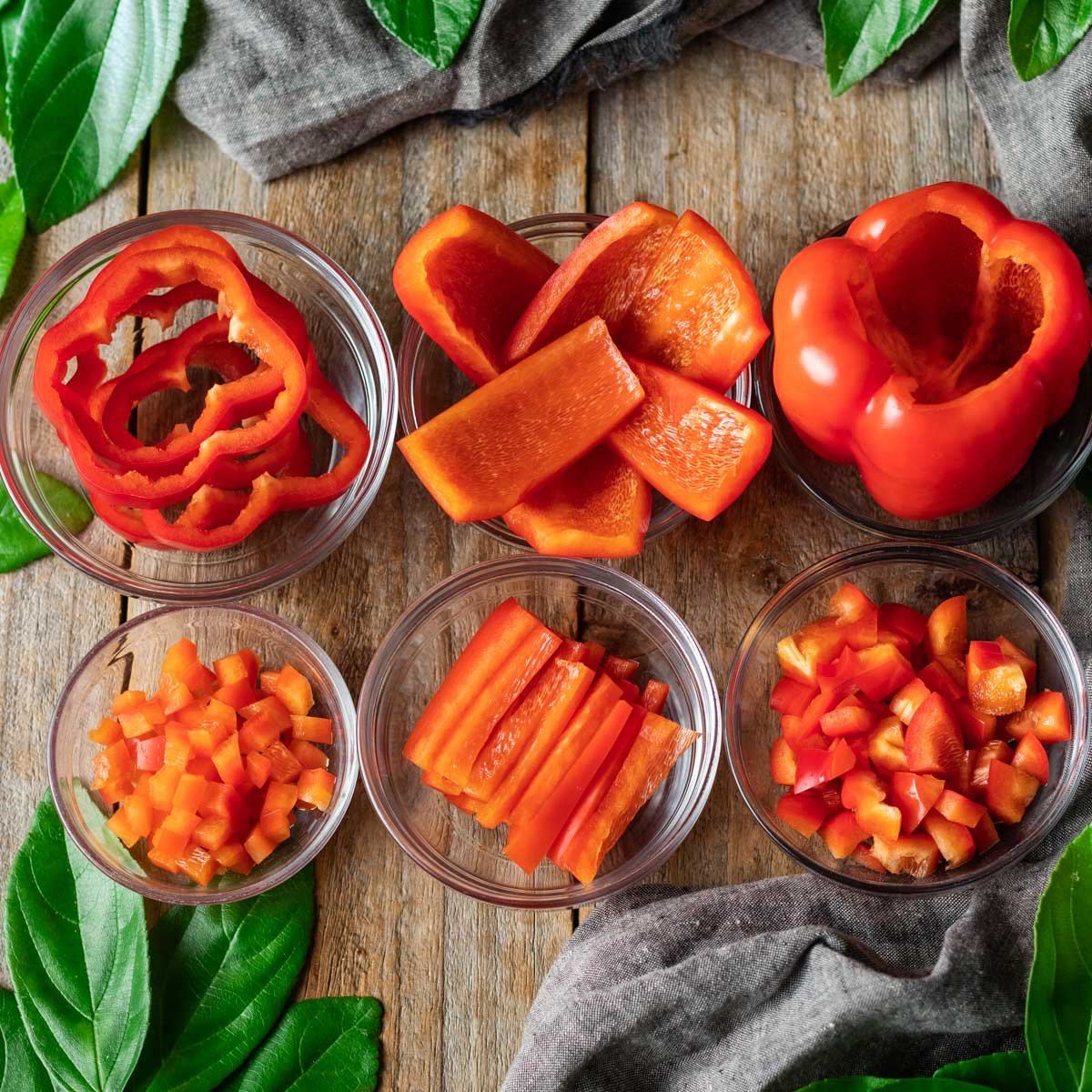
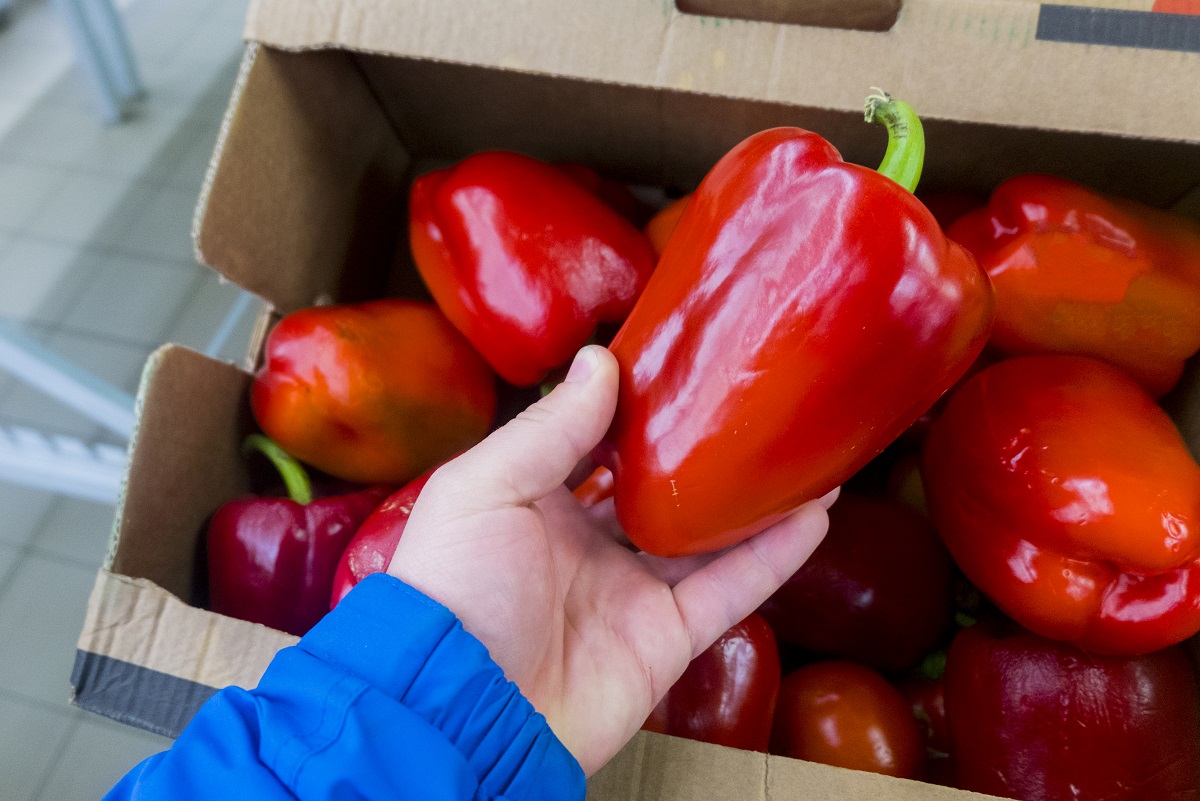
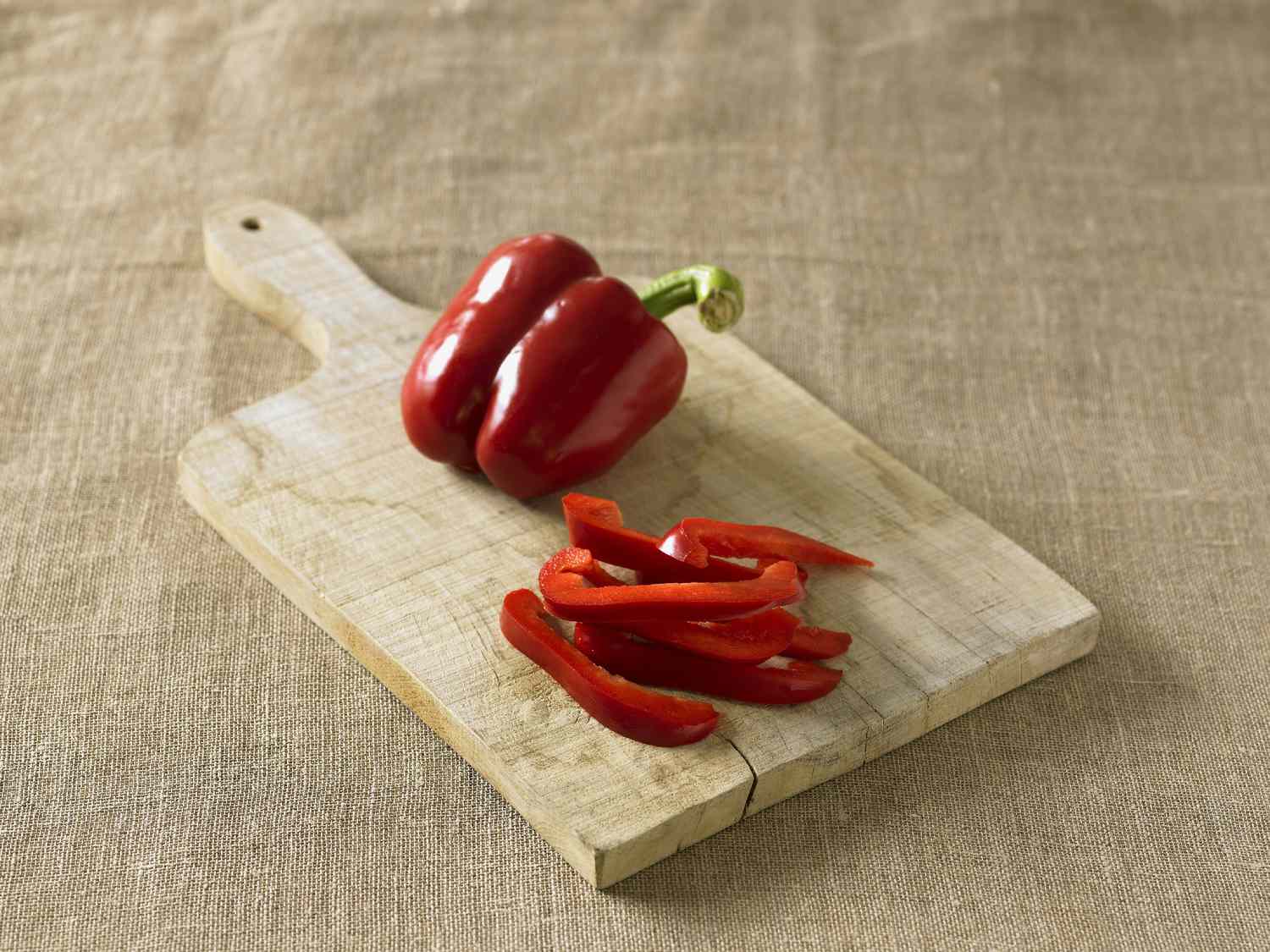
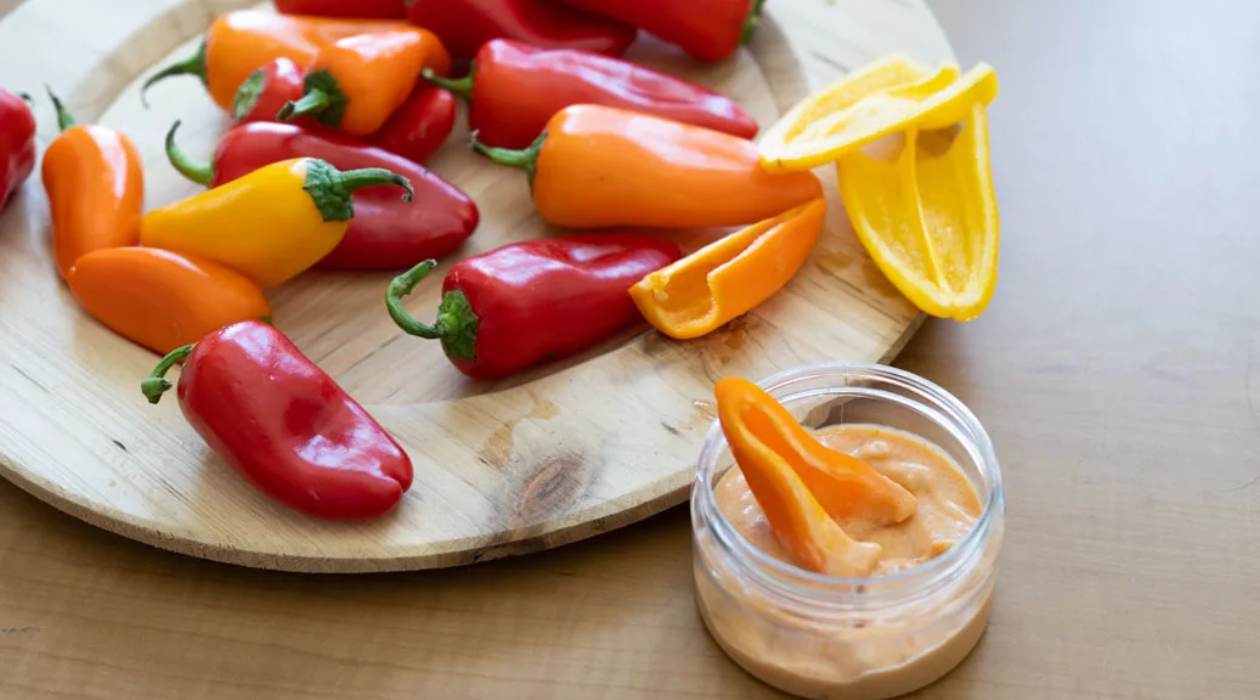
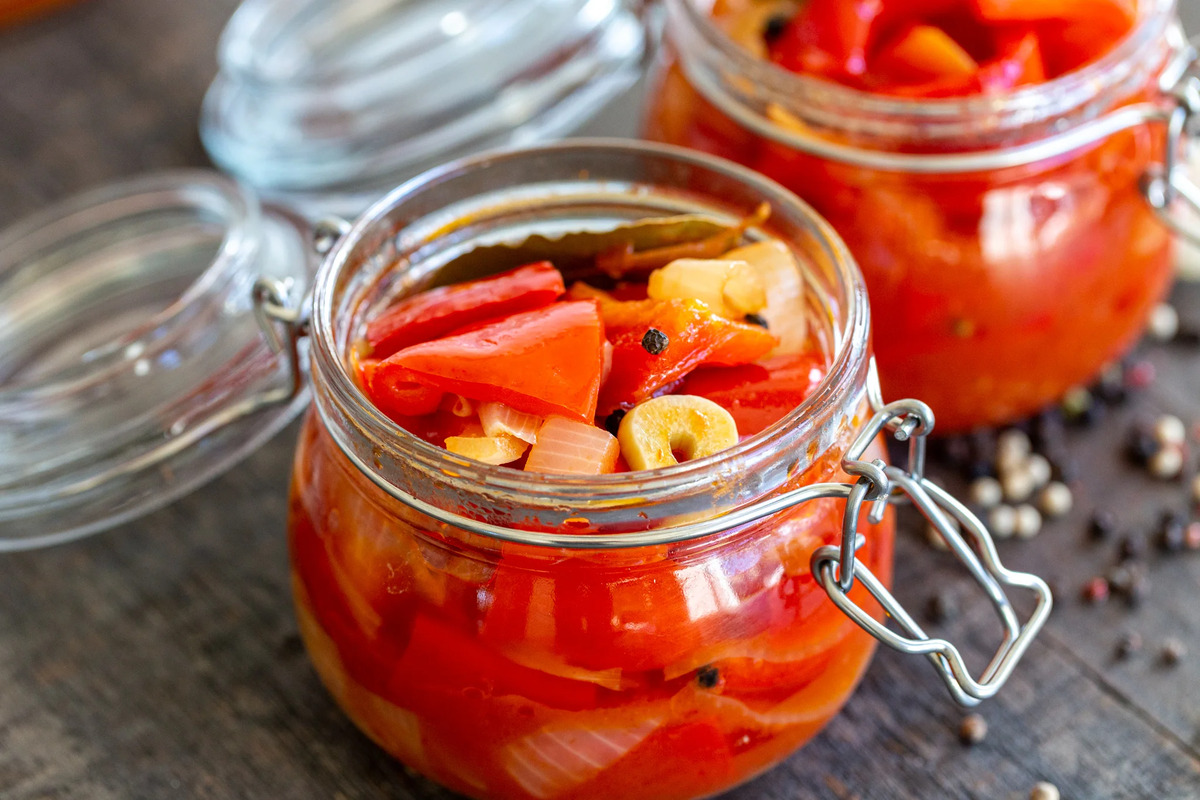
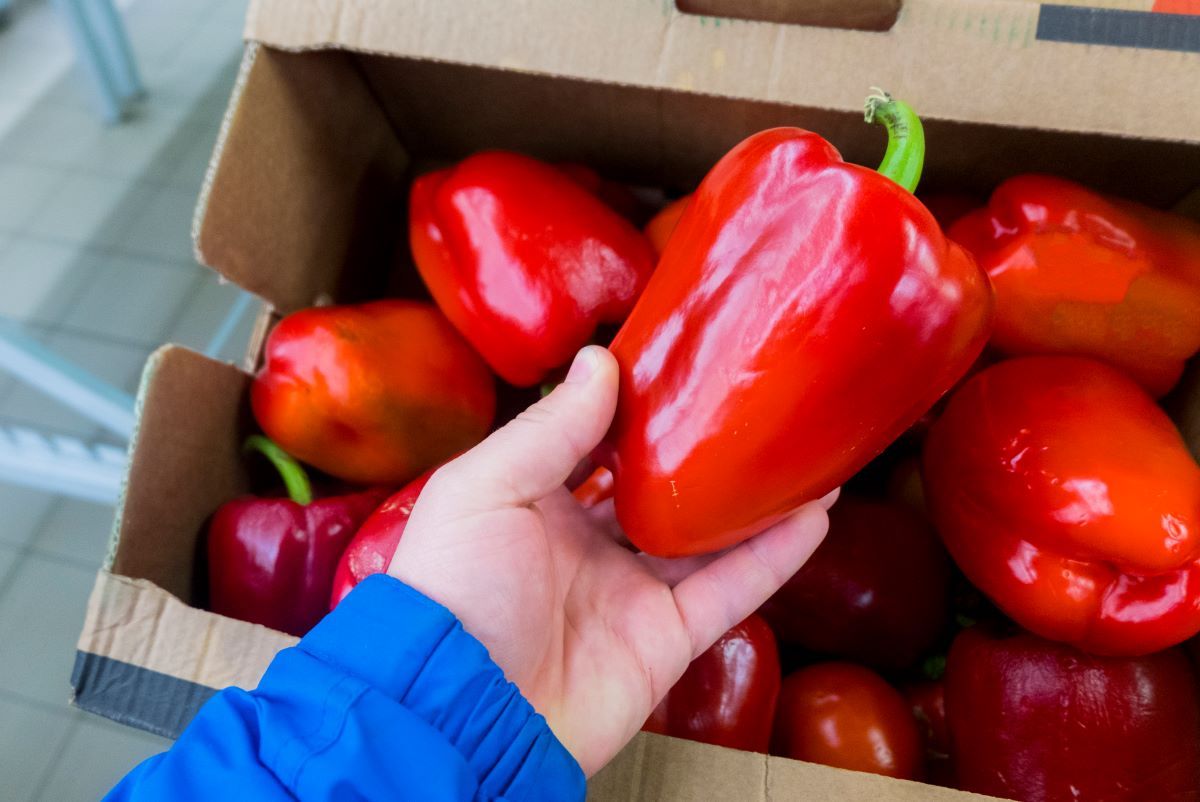
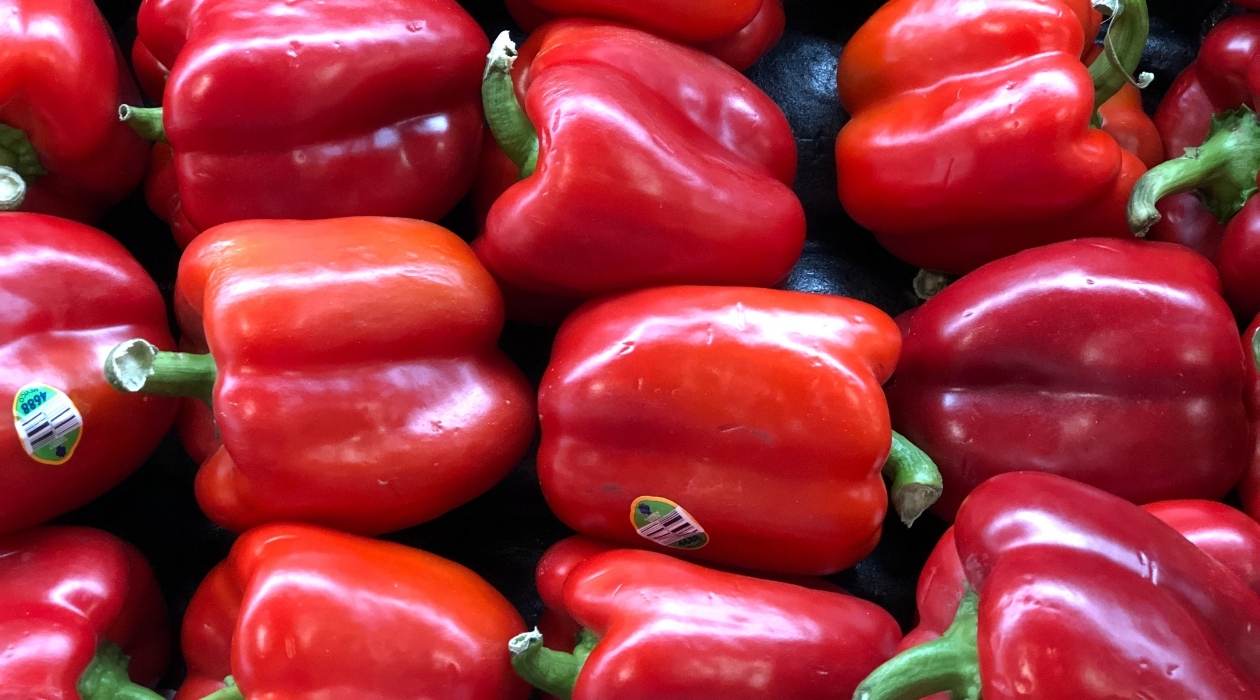
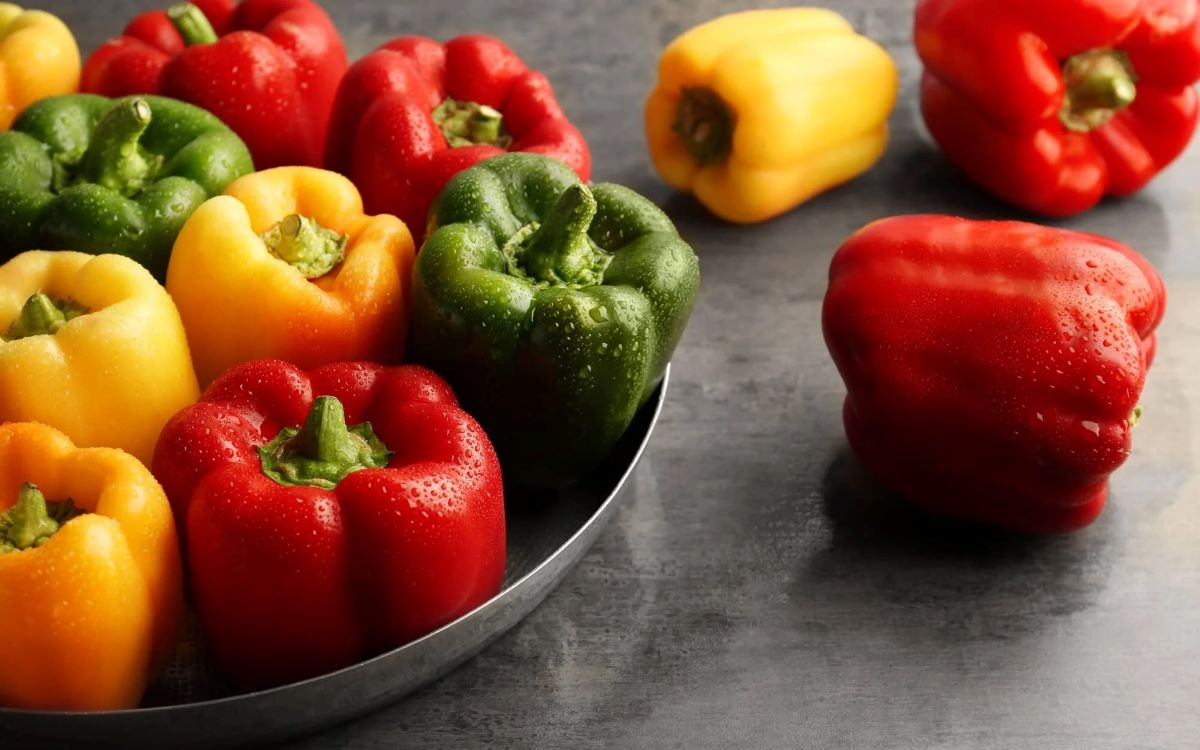
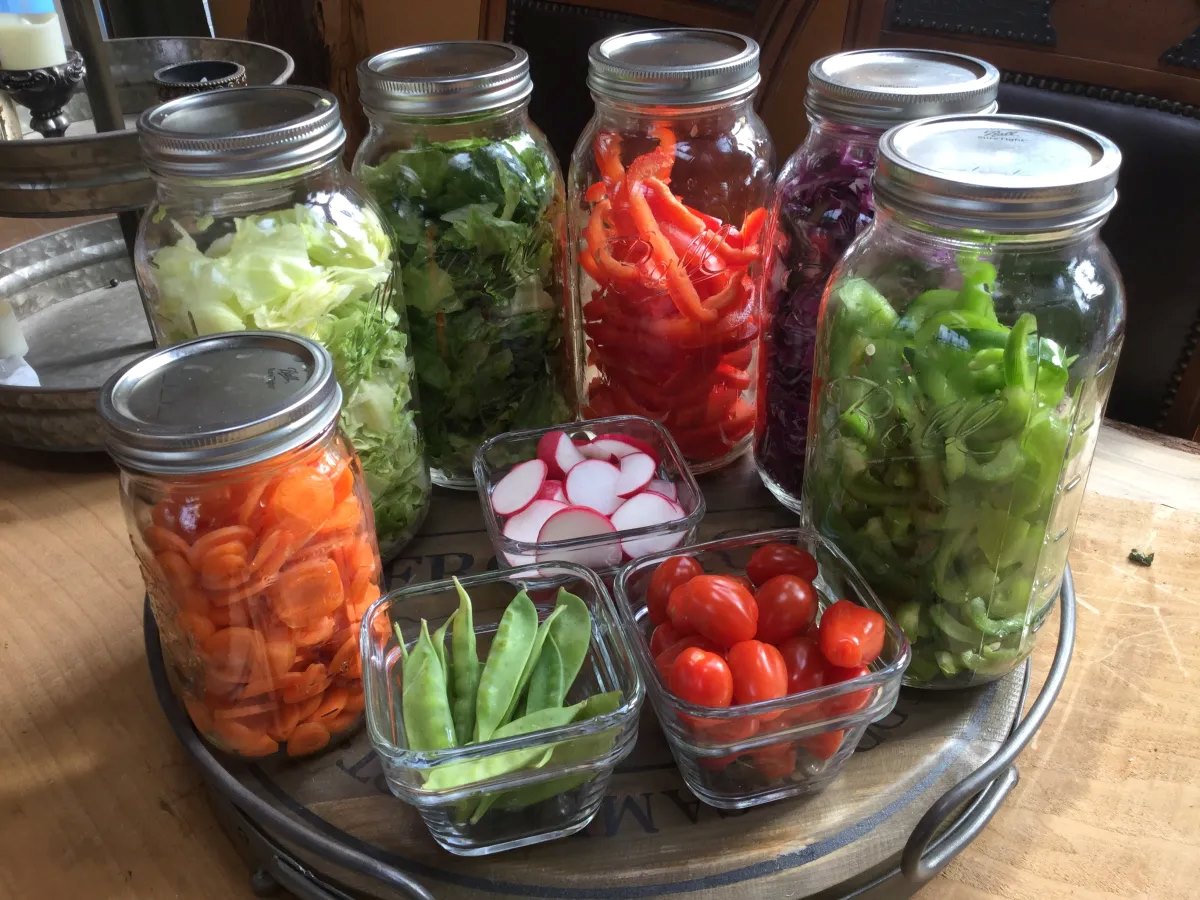
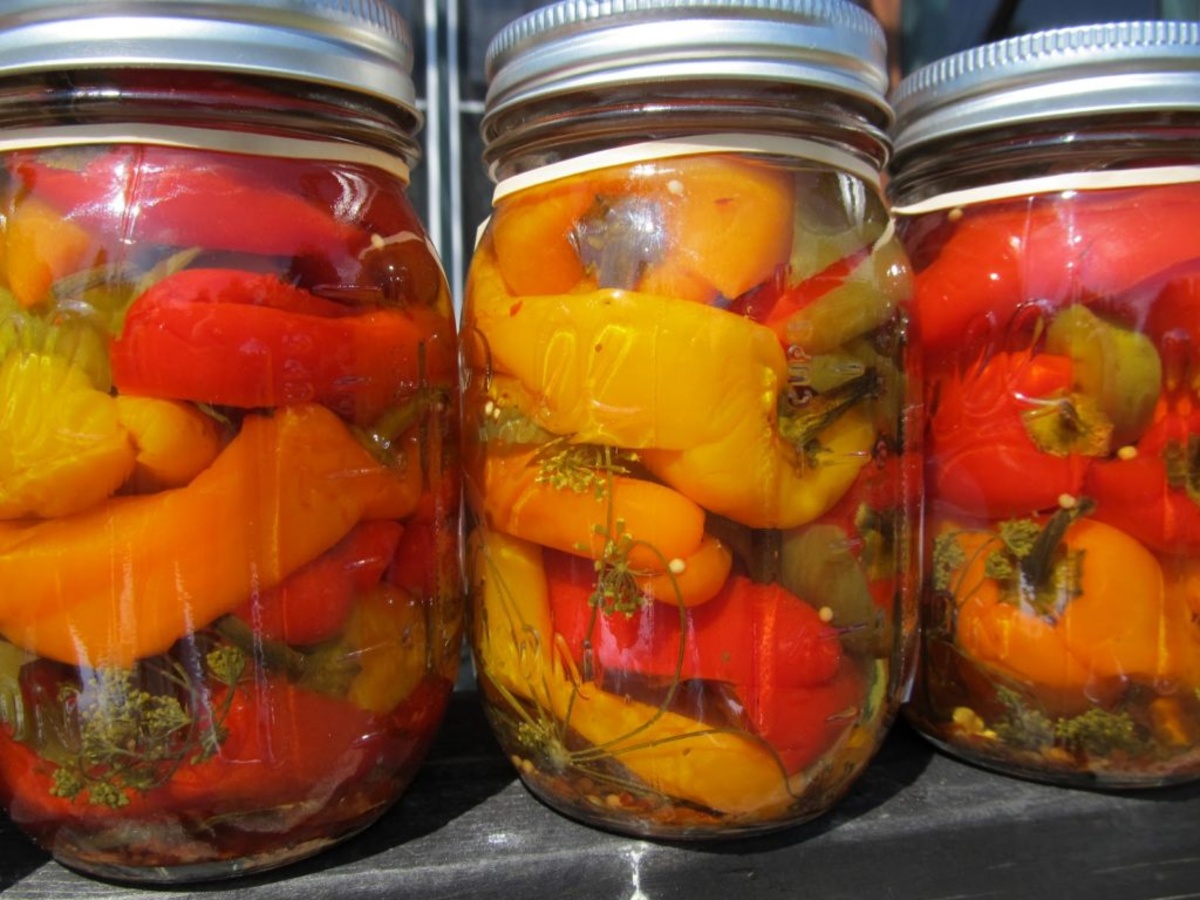
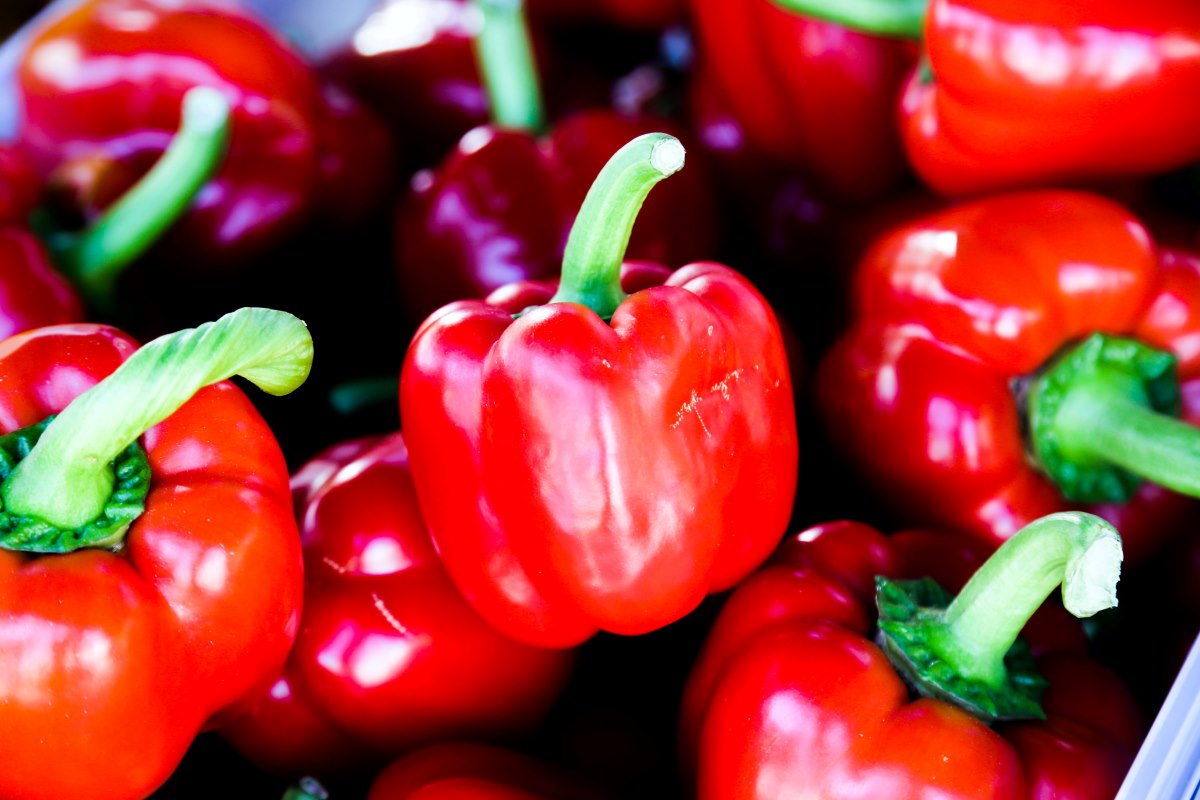

0 thoughts on “How To Store Bell Pepper In Fridge”